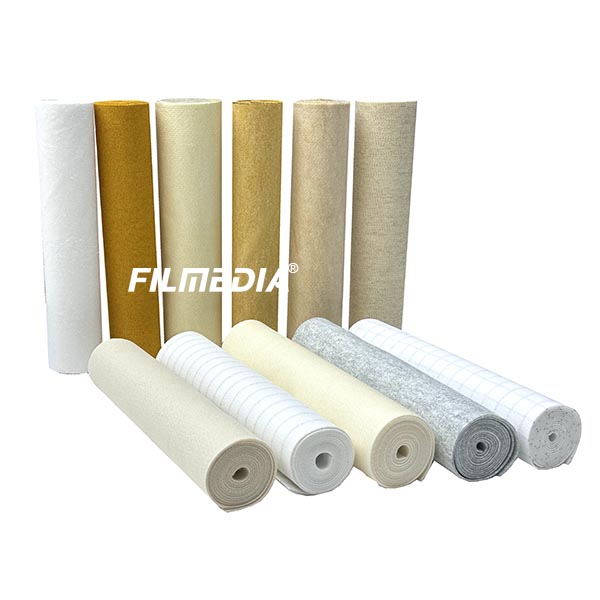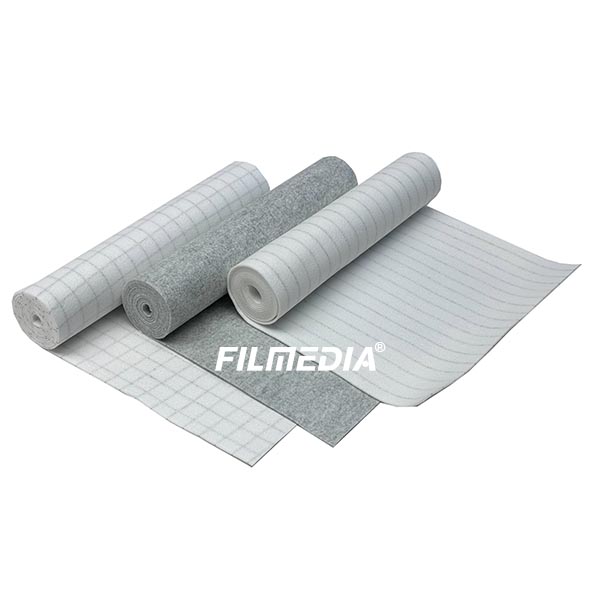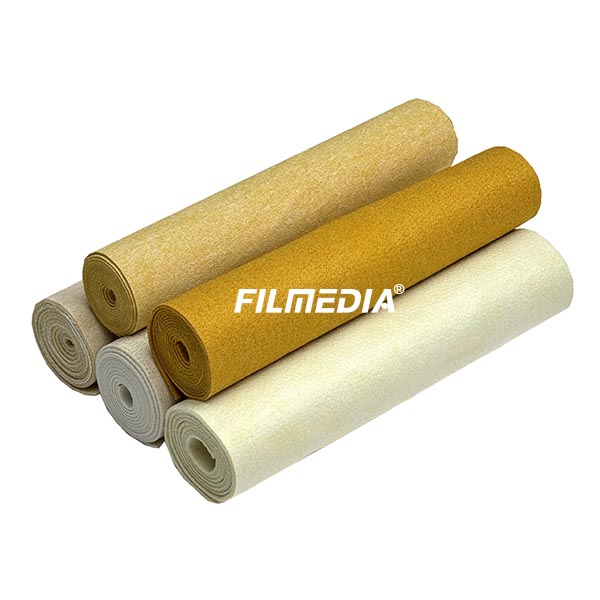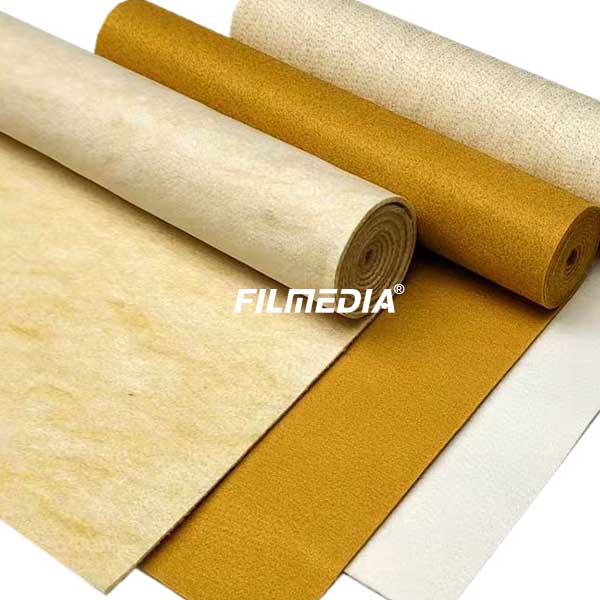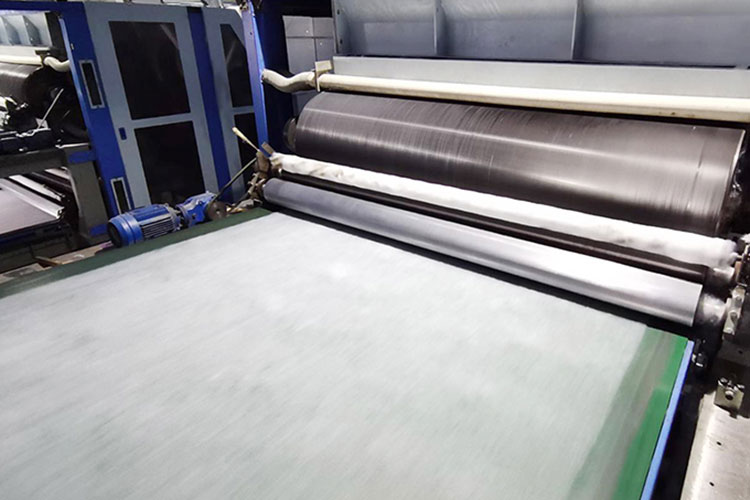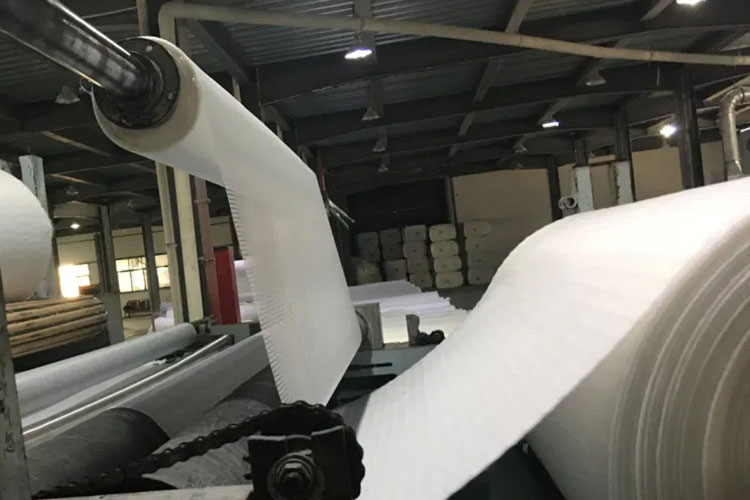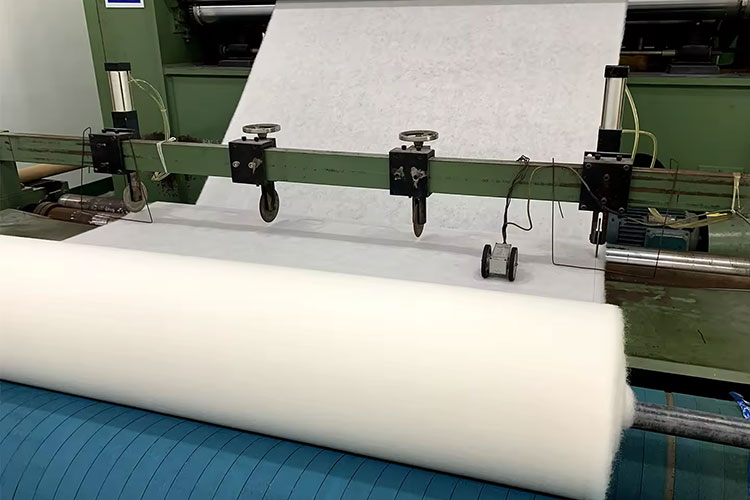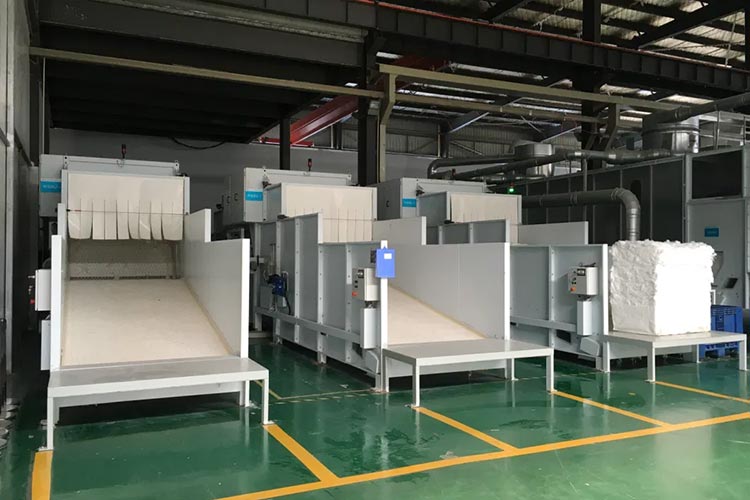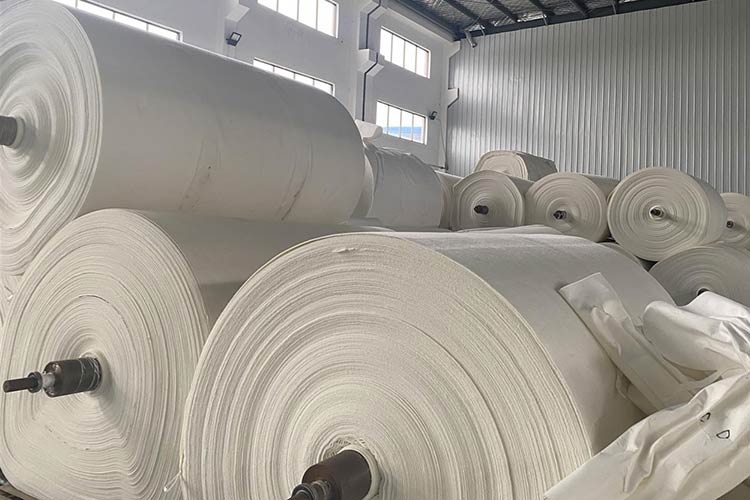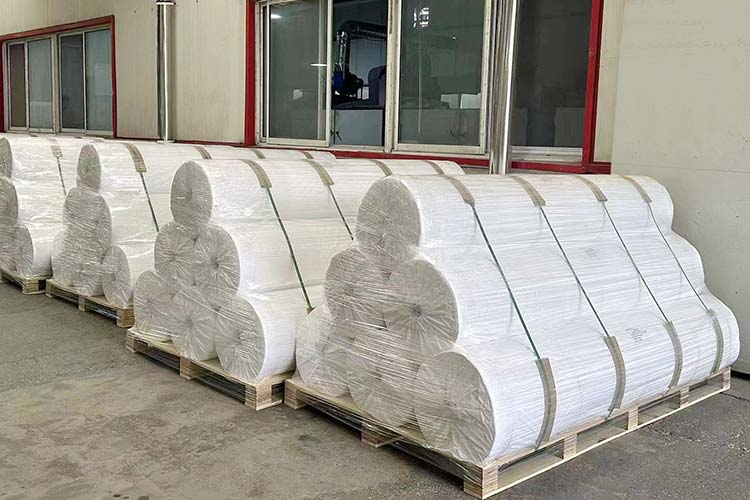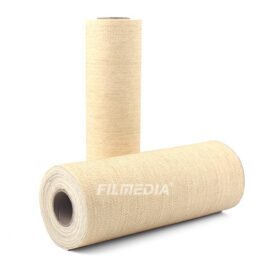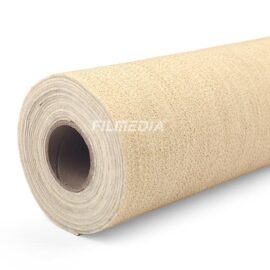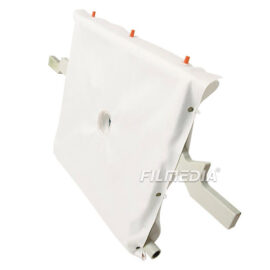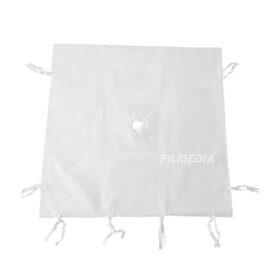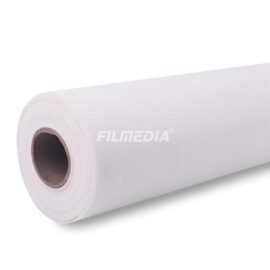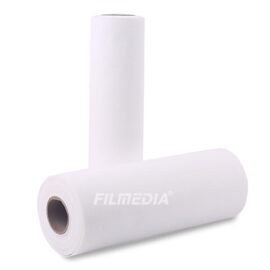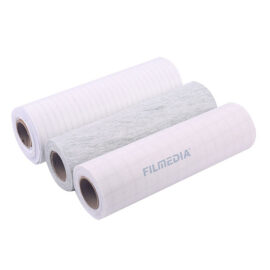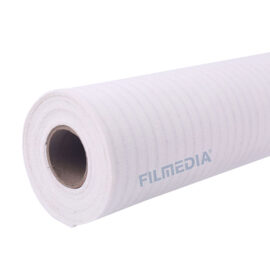Dust filter cloth is a type of fabric designed specifically for filtering out dust particles from air or gases in industrial applications. It is commonly used in dust collection systems, such as baghouses, dust collectors, and air filtration systems, to capture particulate matter from industrial emissions.
Common Materials for Dust Filter Cloth
- Polyprolene Needle Felt.
- Polyester Needle Felt.
- PPS Needle Felt.
- Aramid Needle Felt.
- P84 Needle Felt.
- PTFE Needle felt.
- Fiberglass Needle Felt.
- Woven Fiberglass Filter Cloth.
Description
Key Requirements for Dust Filter Cloth
- Filtration efficiency
The main function of dust filter cloth is to capture dust particles in air or gas. Its filtration efficiency depends on the pore structure of the cloth, the fiber type and the thickness of the cloth. High-efficiency dust filter cloth can usually filter out particles in the range of 1-100 microns.
- Breathing and airflow resistance
Dust filter cloth needs to maintain good air permeability to ensure that air or gas can pass smoothly, but can effectively capture particles. The airflow resistance of the filter cloth should be as low as possible to reduce the pressure loss of air flow and improve the energy efficiency of the system. Excessive resistance will increase the energy consumption of the system.
- High temperature resistance
Under long-term high temperature working environment, the cloth should maintain a stable structure and not be easily deformed or degraded. Especially in some high temperature environments (such as cement, steel, glass production and other industries), dust filter cloth needs to have good high temperature resistance.
- Chemical resistance
In many industrial applications, dust may contain corrosive gases or chemicals (such as acids, alkalis, solvents, etc.). Dust filter cloth needs to have good acid and alkali resistance to avoid being corroded by chemicals.
- Mechanical strength
The dust filter cloth may be subjected to certain mechanical stress during operation, especially during back-blowing, vibration or cleaning. The filter cloth needs to have sufficient tensile strength to prevent breakage.
- Antistatic properties
In some industries, especially places containing flammable and explosive dust (such as coal dust, grain dust, etc.), the dust filter cloth needs to have antistatic properties to prevent static electricity accumulation from causing fire or explosion accidents.
The Performance Difference Between Different Dust Filter Cloth
| Material | Working Temperature |
Instant Temperature | Abrasion Resistance | Hydrolysis Resistance | Acid Resistance | Alkali Resistance | Oxidation Resistance |
| Polyprolene Needle Felt | 90℃ | 110℃ | Good | Excellent | Excellent | Excellent | Middle |
| Acrylic Needle Felt | 120℃ | 130℃ | Middle | Good | Good | Middle | Good |
| Polyester Needle Felt | 130℃ | 150℃ | Excellent | Poor | Middle | Fair | Good |
| PPS Needle Felt | 180℃ | 200℃ | Good | Excellent | Excellent | Excellent | Fair |
| Aramid Needle Felt | 204℃ | 220℃ | Good | Middle | Middle | Good | Middle |
| P84 Needle Felt | 240℃ | 260℃ | Good | Middle | Middle | Middle | Good |
| PTFE Needle felt | 250℃ | 280℃ | Good | Excellent | Excellent | Excellent | Excellent |
| Fiberglass Needle Felt | 250℃ | 280℃ | Fair | Good | Middle | Fair | Good |
| Woven Fiberglass Filter Cloth | 260℃ | 280℃ | Good | Good | Good | Good | Good |
Application of Dust Filter Cloth
- Cement Industry: Used in cement plants to capture fine particulate matter from exhaust gases and kiln emissions.
- Steel and Metal Industries: Used to remove fine dust generated during metal processing, grinding and welding.
- Mining and Quarrying: Mining minerals often creates dust that can be captured using dust filter cloths in bag filters or dust collectors.
- Woodworking and Paper Industries: These industries generate a lot of wood and paper dust that can be filtered out to maintain workplace safety and air quality.
- Chemical Processing: Used to filter fine powders and dust generated during the manufacturing of chemicals and pharmaceuticals.
- Ventilation Systems: In buildings and HVAC systems, dust filter cloths are used to improve air quality by removing dust and pollutants from the air.
- Fume and Smoke Filtration: In industries such as welding, tobacco processing and automotive, dust filter cloths are used to capture smoke and fume particles in exhaust systems.
- Food Industry: Used in food production to remove fine powders and dust generated during grinding, milling or processing operations.
Filmedia® – The expert in filtration solutions
Filmedia® is a professional dust filter cloth manufacturer, dedicated to providing high-performance, customized filtration solutions to customers around the world. We provide filter cloths of various materials to meet the filtration needs of different working environments, ensuring efficient removal of fine particles, dust and harmful substances, protecting air quality and employee health.
